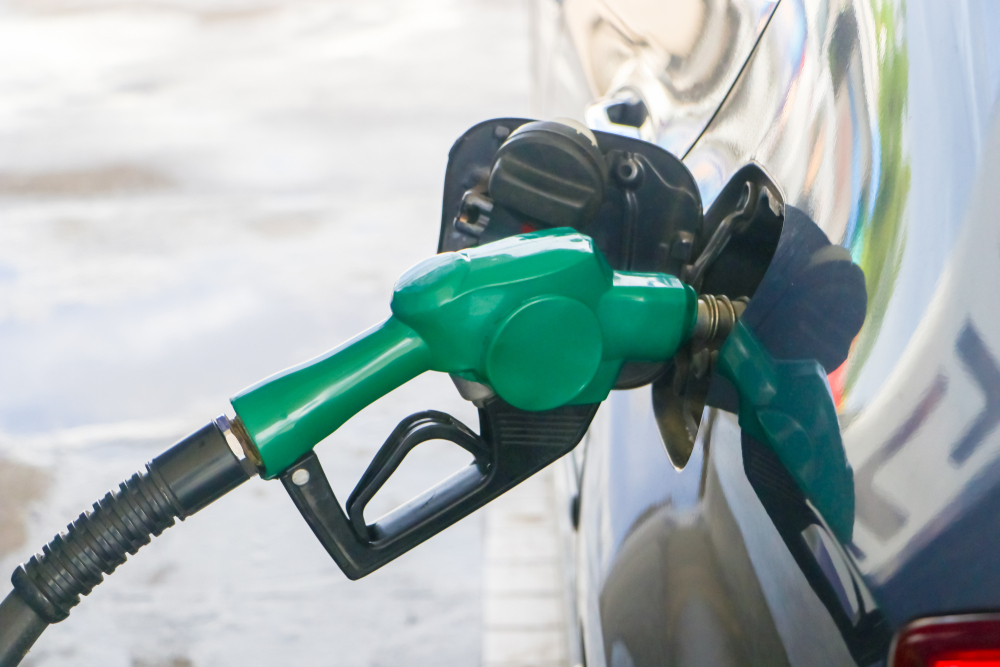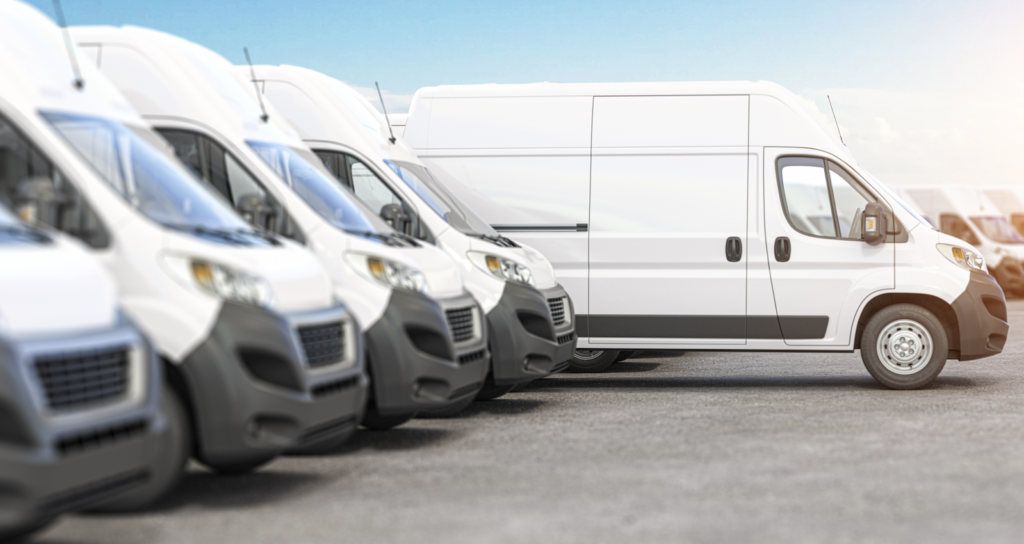Shall I still buy a petrol car?
With new laws coming in from 2035 requiring all new vehicles to be fully electric and even hybrid vehicles using both petrol and electricity being banned from this date, many drivers are wondering how long a petrol car will be viable if they were to buy one now.
Most petrol (and diesel!) cars will last a good 15 years if purchased today, and you will still be able to buy or sell a used petrol car after 2035 instead of changing to fully electric if you wish. If you are looking to change to electric vehicles because of the environmental impact, then it is a move that could be considered straight away. Still, costs may be too high currently for some, so driving a petrol or diesel car may be the better option for a few more years. If you buy a new fuelled car before 2035, you will still be able to drive it until the end of its life, so it could be another 15 years or more that you can still use it, so you should not worry about having to scrap a car by 2035. Realistically, it could still be going in 2050, although fuel costs could be high and getting parts for repair could also be problematic. Plus, by that stage, even the most dedicated internal combustion-engined fan will most probably have changed their allegiance.
Classic car owners need not worry about losing their beloved vehicles – petrol and diesel will still be available, as will spare parts. Classic cars are part of our history and so its important they still remain in existence.

Buying an EV:
There is much to consider when purchasing an electric vehicle, especially the charging aspect. Not all drivers who want electric vehicles have the infrastructure to use one, such as having home or local charge points available. Today’s average cost to have a charge point at home fitted is approximately £500 to £1500, so it is not just a change of vehicle to consider. It is vital that these costs are reduced so that making the change to electricity will result in fewer costs at home. New housing developments, which have parking included in the property, have electric charging points installed, which has been law since 2022, and the cost of retrofitting will be reduced as the technology gets better, but still, it is an extra cost that must be considered.
The transition to fully electric vehicles may take longer than predicted, but it will eventually happen. As fuelled cars become more expensive to run and are phased out, the value of selling a fuelled car will decrease. By 2035, the costs of electric vehicles are also expected to reduce, making the transition more about saving money than just the environment. This shift in perspective could make the transition to electric vehicles a more appealing option in the future.

Commercial vehicles:
Commercial vehicles like vans will be under the same rules and banned by 2035. Diesel HGVs will also be phased out, but the time frame will be more flexible, as the ability to haul goods across the country is more important than a blanket ban.
For the average family, a move to electric vehicles is currently very expensive, especially with the cost of living crisis impacting some. However, it is important to know that if you choose to buy a petrol car now, it will still serve you well after 2035, so it is very much about personal choices presently.
